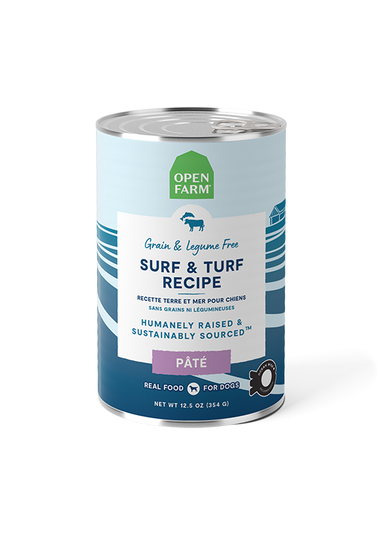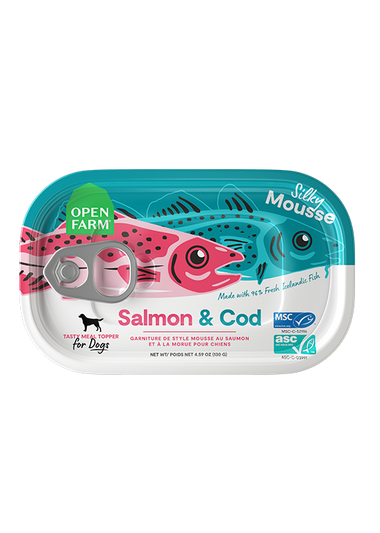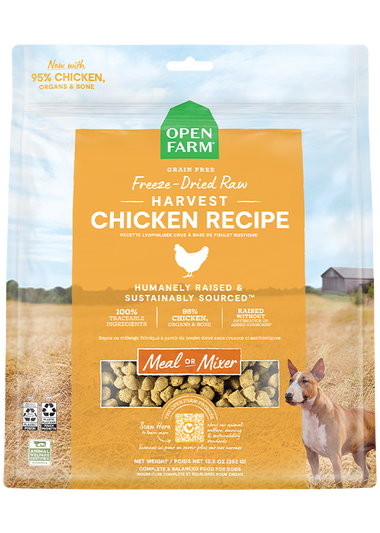Asparagus is a popular, nutritious vegetable with many health benefits. But as a dog owner, you might wonder if it’s safe for your dog to eat. The answer is yes, dogs can eat asparagus, but you need to take a few precautions to ensure their safety and health. Here’s a look at the benefits, possible risks and tips for feeding your dog asparagus safely.
Health Benefits of Asparagus
Asparagus is packed with vitamins and minerals that can be beneficial for dogs, including:
-
Vitamin K. Essential for blood clotting and bone health.
-
Vitamin C. An antioxidant that helps boost the immune system and fight free radicals.
-
Vitamin A. Supports eye health, muscle growth and nerve function.
-
Folate. Important for cell growth and function and DNA synthesis.
-
Fiber. Aids in digestion and promotes gut health.
These nutrients make asparagus a healthy treat for dogs when fed in moderation.
Potential Hazards of Feeding Asparagus to Dogs
When prepared correctly, asparagus is safe for dogs. However, there are a few precautions you need to take to ensure it doesn’t become a choking hazard or cause digestive issues. Some hazards to watch out for include:/p>
Choking
Asparagus stalks can be tough and fibrous, especially when raw, making them difficult for dogs to chew and digest. This can pose a choking hazard, particularly for smaller dogs. To prevent this, cut asparagus into small, bite-sized pieces and cook it until it’s tender, which makes it easier to chew.
Asparagus Ferns
While the asparagus vegetable is safe, the asparagus fern (the leafy part of the plant) is toxic for dogs. If you’re growing asparagus at home, ensure your dog doesn’t have access to the ferns to avoid any risk of poisoning.
Butter or Oil
While your dog can’t eat raw asparagus, you must also be mindful of how you cook it for them. Avoid adding butter, oil or seasonings, especially onion or garlic powder, when preparing asparagus for your dog. These can upset your dog’s stomach and lead to digestive issues. Plain, cooked asparagus is the best option.
How to Feed Asparagus to Your Dog
Feeding your dog asparagus can be a healthy treat, but it’s important to do it right. The following tips can help you safely introduce this nutritious vegetable to your furry friend:
-
Asparagus and rice mix. Combine cooked, finely chopped asparagus with plain cooked rice and a small amount of boiled chicken. This can be served as a wholesome meal addition.
-
Add asparagus to dog food. Add small, bite-sized pieces of cooked asparagus to your dog’s regular meal. This can provide an extra boost of vitamins and fiber.
-
Frozen asparagus treats. Blend cooked asparagus with plain yogurt and pour the mixture into ice cube trays. Freeze and serve as a cool, refreshing treat on hot days.
-
Asparagus and sweet potato mash. Cook and mash sweet potatoes and mix them with finely chopped, cooked asparagus. This mash can be a delightful side dish for your dog’s meal.
-
Make an asparagus omelet. Prepare a plain omelet using a beaten egg and add finely chopped, cooked asparagus. Do not add seasonings. Cut into small pieces and serve as a protein-rich treat.
Open Farm Dog Food: A Nutritious Alternative
While asparagus can be an occasional meal addition or treat, providing your dog with a balanced diet that meets all their nutritional needs is essential. Open Farm dog food offers a range of high-quality, ethically sourced dog food products that ensure your dog gets the nutrients they need for optimal health. Some of the reasons Open Farm is the best option for your pet include:
-
Ethically sourced ingredients. Open Farm dog food is made with humanely raised meats, sustainably sourced fish, non-GMO vegetables and fruits, ensuring your pet gets the best quality ingredients.
-
Nutrient-rich. Our dog food recipes are crafted to provide balanced nutrition, packed with essential vitamins and minerals for your dog’s overall health.
-
Transparency. Open Farm believes in full transparency. You can trace the origin of every ingredient in your dog’s food, giving you peace of mind about what you’re feeding your pet.
Try blending asparagus with our GoodBowl Beef & Brown Rice recipe. Made with 100% animal welfare-certified beef, high-fiber brown rice and non-GMO veggies like pumpkin and carrots, our GoodBowl formula is a delicious way to give your pup the nutrition it needs.
Consider adding pureed asparagus to our RawMix Tide & Terrain kibble. The puree will provide your pup with extra hydration and complement the freeze-dried raw chunks of salmon, pollock, and beef.
Try Open Farm for Healthier, Happier Pets
So, can dogs eat asparagus? Yes, they can! Asparagus is good for your dog’s diet when prepared properly. However, always monitor your dog’s reaction when introducing new foods and consult your veterinarian if you have any concerns.
For a balanced and nutritious diet, consider supplementing treats like asparagus with high-quality dry and wet dog food from Open Farm. Our commitment to ethical sourcing and transparency ensures your dog gets the best nutrition possible. Explore our dog food products today and give your pet the health benefits they deserve.
This article is meant only as an example meal with fully balanced nutrition, please reach out to our customer experience team if you have any questions about your pet’s own unique circumstances! To ensure these products are a good fit for your pup, we also recommend consulting your pup’s vet about any new supplement or diet changes, especially if there is a medical concern. They should be able to help as you and your vet know your pup’s medical history best!








































 Sign In
Sign In
 Create Account
Create Account














